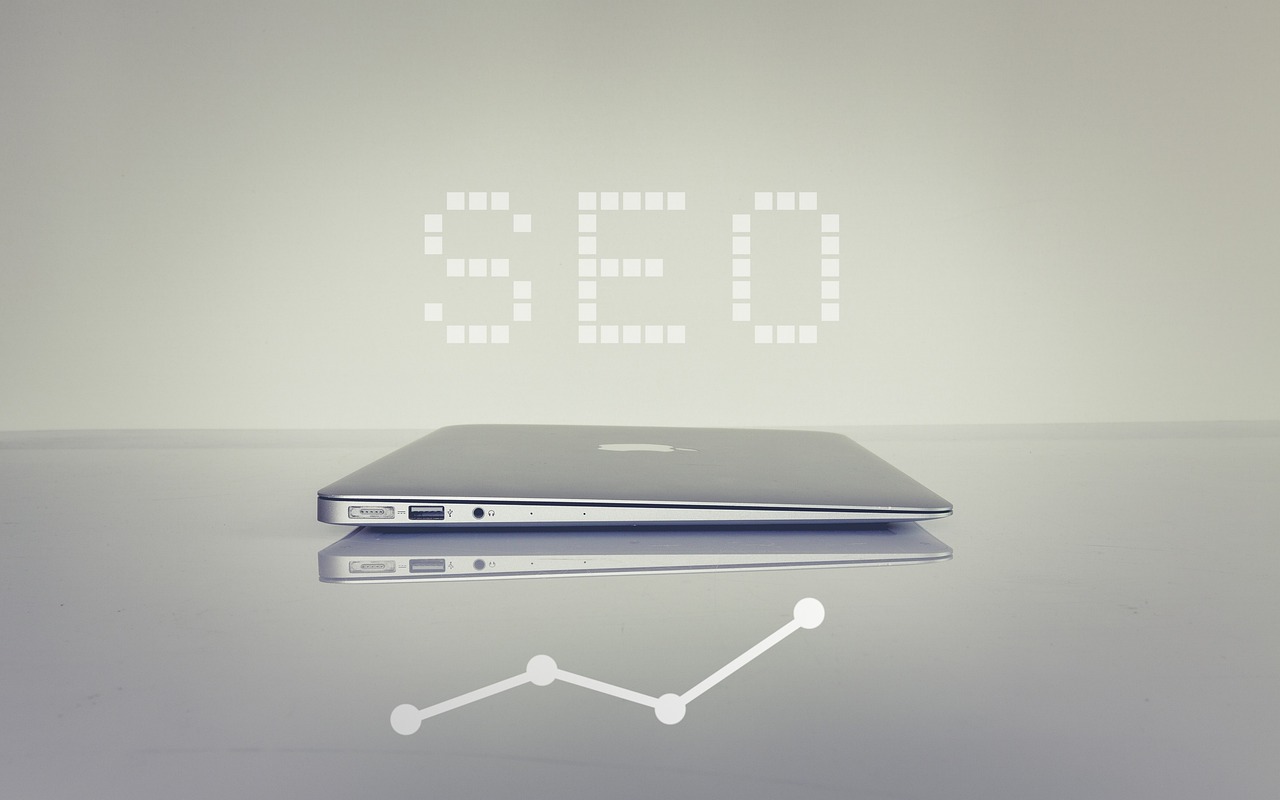Understanding the importance of site speed for better user experience
|
IN BRIEF
|
In the digital landscape, site speed plays a pivotal role in shaping the overall user experience. When a website loads quickly, it significantly enhances visitor satisfaction, encouraging them to engage more with the content. A fast loading time reduces frustration and waiting periods, which in turn contributes to lower bounce rates. As users increasingly expect instantaneous responses, the importance of optimizing page speed cannot be overstated. Not only does it affect SEO rankings and conversion rates, but it also fosters a more rewarding interaction with the site, paving the way for increased loyalty and return visits.

The Importance of Site Speed
Site speed is a pivotal factor in the realm of online business, influencing everything from user experience to SEO rankings and conversion rates. When a website loads quickly, it provides a seamless interaction for users, allowing them to navigate easily between pages without frustrating wait times. This not only enhances their experience but also keeps them engaged with the content, increasing the likelihood of them exploring more of what the site offers. On the other hand, a slow-loading website can lead to high bounce rates, where users abandon the site before engaging with any material. A study revealed that users prioritize load speed as the top determinant of a satisfactory digital experience, highlighting the critical nature of this aspect.
Fast site loading not only improves engagement but is essential for maintaining strong SEO standings. Search engines like Google have made it clear that page speed is a major ranking factor; thus, optimizing loading times can directly affect a website’s visibility in search results. For e-commerce platforms, every second counts—delays can occur at crucial moments, potentially causing significant revenue loss. By implementing effective optimizations, such as compressing images and streamlining code, businesses can enhance their site speed and ultimately influence customer loyalty and repeat business.

The Crucial Role of Site Speed in Online Success
Site speed is a critical factor that significantly influences user experience, SEO rankings, and overall business performance. Research indicates that websites that load in under 2 seconds see a remarkable reduction in bounce rates, with users being 32% more likely to stay engaged. Conversely, sites that take longer than 3 seconds to load can see bounce rates spike, resulting in lost opportunities for conversions. In fact, a study by Google revealed that even a one-second delay in page load time can lead to a 20% reduction in conversion rates.
Moreover, search engines like Google prioritize fast-loading websites when ranking pages, directly linking site speed to SEO effectiveness. This is increasingly important in 2024, as page speed is recognized as one of the purest SEO factors, enhancing both rankings and user satisfaction. Additionally, improving load times not only elevates rankings but also contributes to a more trustworthy and engaging site, which can foster loyalty among users. It is crucial for businesses to understand that optimizing site speed can lead to enhanced user engagement, reduced drop-offs, and ultimately, improved return on investment.
From a design perspective, implementing strategies to enhance site speed—such as image optimization or leveraging CDNs—can further improve performance. For instance, optimizing images can reduce loading times significantly, as heavy images often contribute to slow site speeds. For more insights on image optimization techniques, you can refer to this guide.
It is also important to note that user experience is not only influenced by speed but can be affected by various other factors such as mobile optimization. As more users shift towards mobile, ensuring that a site is optimized for mobile devices becomes crucial. To explore the implications of mobile optimization on SEO, check out this resource. Addressing site speed and user experience seamlessly can enhance performance across organic search, thereby making it an integral aspect of a comprehensive SEO strategy.
The Impact of Site Speed on User Experience
Enhancing Engagement through Fast Load Times
In today’s digital landscape, site speed is not just a technical concern; it directly influences user satisfaction. A website that loads quickly fosters a positive user experience, encouraging visitors to stay longer and interact more with the content. Consider the implications: when a user arrives at a page that takes more than a few seconds to load, their likelihood of abandoning the site increases drastically. According to research, sites that load within three seconds see significantly improved conversion rates compared to those that take considerably longer.
For instance, an online retailer noticed a substantial increase in sales after optimizing their page load speed from seven seconds to just three seconds. This kind of performance boost not only retains existing customers but also attracts new ones, as users tend to share positive experiences.
- Improved SEO Rankings: Search engines prioritize fast-loading sites, meaning better visibility for your business.
- Lower Bounce Rates: A faster website keeps users engaged and reduces the number of visitors who leave without interacting.
- Higher Conversion Rates: Every second counts; optimizing site speed can lead to increased sales and recurrent clients.
- Enhanced User Loyalty: Satisfied users are more likely to return and recommend your website to others.
Examining the variables that contribute to website performance, elements such as image optimization, minimizing code, and leveraging browser caching emerge as critical factors. Addressing these aspects effectively not only smoothens site navigation but significantly boosts your overall SEO strategy. For more detailed insights, explore resources on the importance of site speed and the impact it has on online performance.

The Importance of Site Speed
In today’s digital landscape, the site speed is not just a technical attribute but a pivotal aspect that influences various business outcomes. Fast page loading times directly enhance user experience, which in turn affects SEO rankings and conversion rates. Research has shown that users prioritize page load speed above many other factors when assessing their experience with a website.
Additionally, optimizing page speed is essential for maintaining visitor engagement. A faster website encourages users to explore more pages without the frustration of prolonged wait times, thereby reducing bounce rates. As visitors stay longer and interact with more content, businesses benefit from improved conversion rates and the potential for repeat customers, which are crucial for eCommerce success.
Moreover, the significance of site speed extends to search engine visibility. Search engines, particularly Google, consider page loading times as one of the critical factors for ranking websites. Thus, understanding and implementing efficient website speed optimization strategies is imperative for online success, impacting not just user satisfaction but also the overall business performance.

Site speed plays a critical role in providing an optimal user experience. The faster a website loads, the more likely visitors will engage with the content and navigate through multiple pages. Wait times can lead to frustration and contribute to a higher bounce rate, which can diminish the website’s overall performance. In essence, a swift site not only caters to user preference but also directly correlates with improved SEO rankings.
Moreover, the influence of site speed extends beyond user satisfaction; it affects the success of ecommerce platforms. Businesses that prioritize fast loading times tend to see higher conversion rates and increased customer loyalty. As search engines evolve, prioritizing page speed as a ranking factor remains paramount.
Given these points, it is clear that site speed is not merely a technical aspect but a fundamental component in achieving digital success. Emphasizing quick load times can significantly shape a visitor’s journey and establish a more engaging online presence.














Post Comment